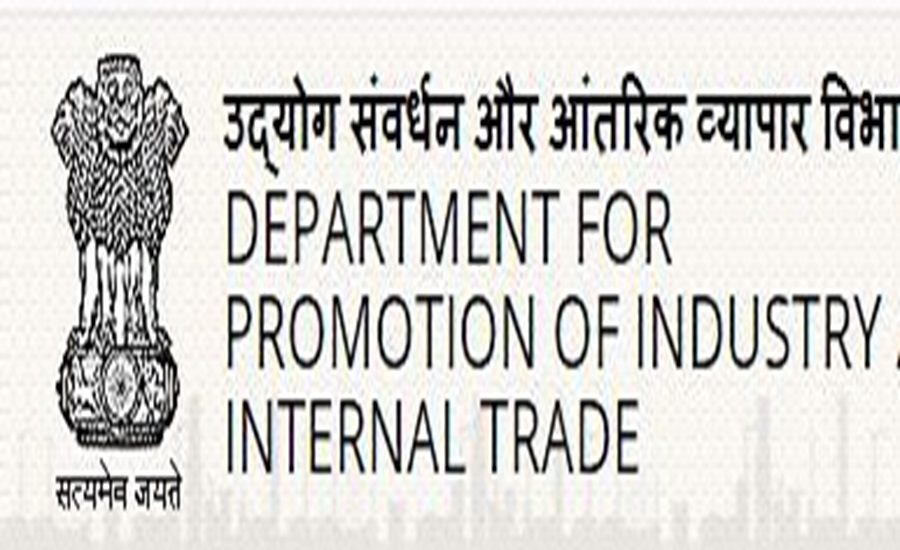New Delhi: The Government of India has rolled out the ambitious “Special Campaign 5.0” initiative through two key press releases on 23 October 2025. The first release by DPIIT focuses on institutionalising cleanliness and reducing pendency of official work within its offices and sub-organisations.
Shortly thereafter, the DST announced that Special Campaign 5.0 is in full swing across its departments, reporting substantial mid-campaign achievements including freeing up office space and cleansing hundreds of sites.
Read also: From Idea to Impact: DPIIT’s New Initiative Fuels Startup Growth in India
Together, these developments mark a coordinated push by the central administrative machinery to improve office functioning, bolster cleanliness standards and expedite governance processes.
What is Special Campaign 5.0?
Designed by the Department of Administrative Reforms & Public Grievances (DARPG) in collaboration with DPIIT and DST, this campaign targets two key objectives:
- Promoting swachhata (cleanliness) in offices Reducing pendency of work in government departments.
Under the campaign, offices are required to conduct cleanliness drives, organise asset disposal, free up unused space, and expedite decision-making on pending files.
The efforts form part of a broader administrative reform agenda aimed at improving efficiency, accountability and ease of doing business in India.
Highlights & Achievements So Far
In the DPIIT sector, the campaign has been launched nationwide across all offices and sub-organisations, focusing on systemising swachhata and addressing file pendency.
In the DST network of autonomous institutes and subordinate offices, the campaign reported that 433 cleanliness sites have been covered and approximately 1,15,582 sq ft of office space has been freed up mid-campaign.
These figures reflect vigorous participation and underscore the government’s push for an organisational culture shift towards cleanliness and timely governance.
Importance of Special Campaign 5.0
Clean offices, efficient governance: Enhanced cleanliness and decluttering contribute to better workplace environment, employee morale and administrative transparency.
Unclogging backlog: Reducing pendency in office work means faster decision-making, benefits for stakeholders and improved public service delivery.
Ease of doing business: For DPIIT, which oversees industrial policy and investor services, streamlined processes and cleaner offices help boost investor confidence and operational agility.
Cultural shift: Beyond immediate cleanup, institutionalising swachhata signals a broader reform—moving from ad-hoc drives to sustained cleanliness in government organisations.
Way Forward
The extent to which other ministries and departments adopt similar mid-campaign reporting of cleanliness sites and freed office space. Whether the campaign evolves into periodic audits or ratings of cleanliness and pendency across offices. The measurable impact on pendency reduction—how many files or matters actually get disposed of under this initiative and the real question is will cleanliness and timely work become part of standard operating procedures rather than time-bound drives?




























